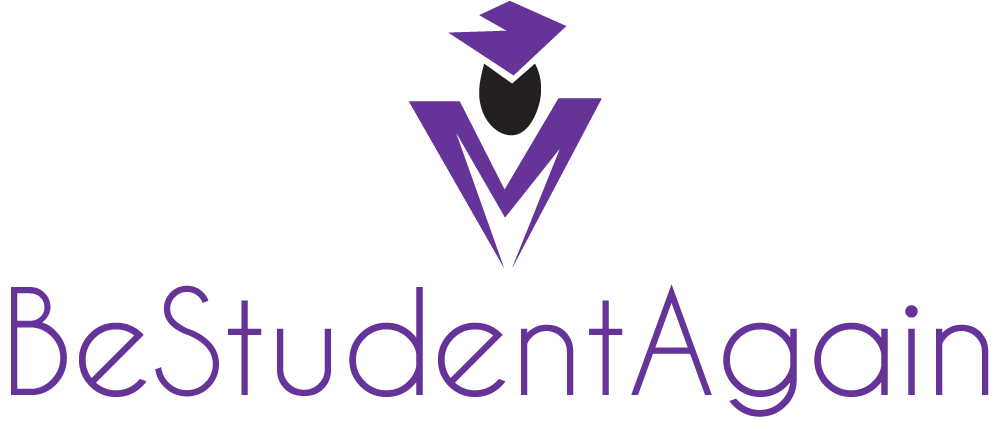L’enseignement est une profession très noble qui conserve son attrait année après année. La demande pour de nouveaux enseignants est importante et plusieurs institutions offrent une formation qui peut correspondre à vos goûts. L’envie de transmettre ses connaissances a tout pour mener à une carrière passionnante.
Le futur enseignant et le CAPES
Pour devenir enseignant au collège comme au lycée, un parcours précis doit être suivi. L’Éducation nationale se charge d’imposer un programme chaque année. Les titulaires du CAPES, le Certificat d’Aptitude au Professorat de l’Enseignement du Second degré, tout comme les agrégés exercent leur métier dans les établissements de second degré. Ce certificat est un concours national auquel on accède en respectant certaines conditions. Ces concours sont généralement préparés dans une école supérieure du professorat et de l’éducation (ESPE). Ce type d’école offre des enseignements disciplinaires et professionnels pour une durée de deux ans. Ces enseignements sont dispensés dans le cadre du MEEF, spécialisé dans la préparation aux métiers liés à l’enseignement. Beaucoup de futurs enseignants songent aussi à exercer leur profession dans des établissements privés. Leur recrutement ainsi que leur formation sont soumis à des normes spécifiques prévues par le code de l’éducation. Ils doivent aussi passer des concours et leurs fonctions au sein des établissements sont assez similaires à celles de leurs homologues du secteur public.
La formation en enseignement
Le CAPES peut être organisé dans plusieurs sections, notamment arts plastiques, histoire et géographie, langues vivantes étrangères, langues régionales, mathématiques, sciences économiques et sociales, physique chimie. Il existe trois types de concours du CAPES, soit le concours interne, le concours externe et le troisième concours. Ces concours sont accessibles pour les étudiants inscrits en master MEEF. Les épreuves n’ont pas lieu chaque année dans chaque discipline. Les épreuves d’admissibilité ont lieu en fin de M1 tandis que les épreuves d’admission se déroulent en fin de M2. Une fois les épreuves écrites effectuées, les étudiants admissibles peuvent signer un contrat par lequel ils peuvent effectuer des stages en responsabilité. Ces stages prennent la forme d’un tiers-temps de service rémunéré. Tout le long du stage, ils sont accompagnés par un tuteur. Ils seront préparés pour l’épreuve qui a lieu l’année suivante.
Les ESPE
Les ESPE, comme mentionné précédemment, sont les écoles qui forment les futurs enseignants. Ces écoles sont toutes accréditées. Les formations qu’elles offrent comportent différents modules d’enseignements disciplinaires. Les modules touchent à divers aspects de la profession. Ces modules sont dédiés entre autres à l’initiation à la recherche et à une ouverture sur le volet international. Un module comporte aussi un volet numérique et un autre fait connaître des outils et des méthodes pédagogiques modernes. Outre les enseignements disciplinaires, les ESPE offrent un tronc commun qui a pour objectif de créer une culture commune aux enseignants de toutes les disciplines. Les étudiants peuvent aussi profiter d’une spécialisation en fonction de la discipline choisie. En master 2, les futurs enseignants ont l’occasion de se familiariser avec des situations concrètes se déroulant en classe. Les ESPE font partie intégrante des universités.






